History in the Hot Seat: Colonialism and the Knowing and Teaching of Canada’s Past - A Final Report
2024
Hannah Belec, Katja Buchholz, Jamie Nienhuysen, Adele Perry, Sean Carleton, Jocelyn Thorpe, and Pauline Tennent
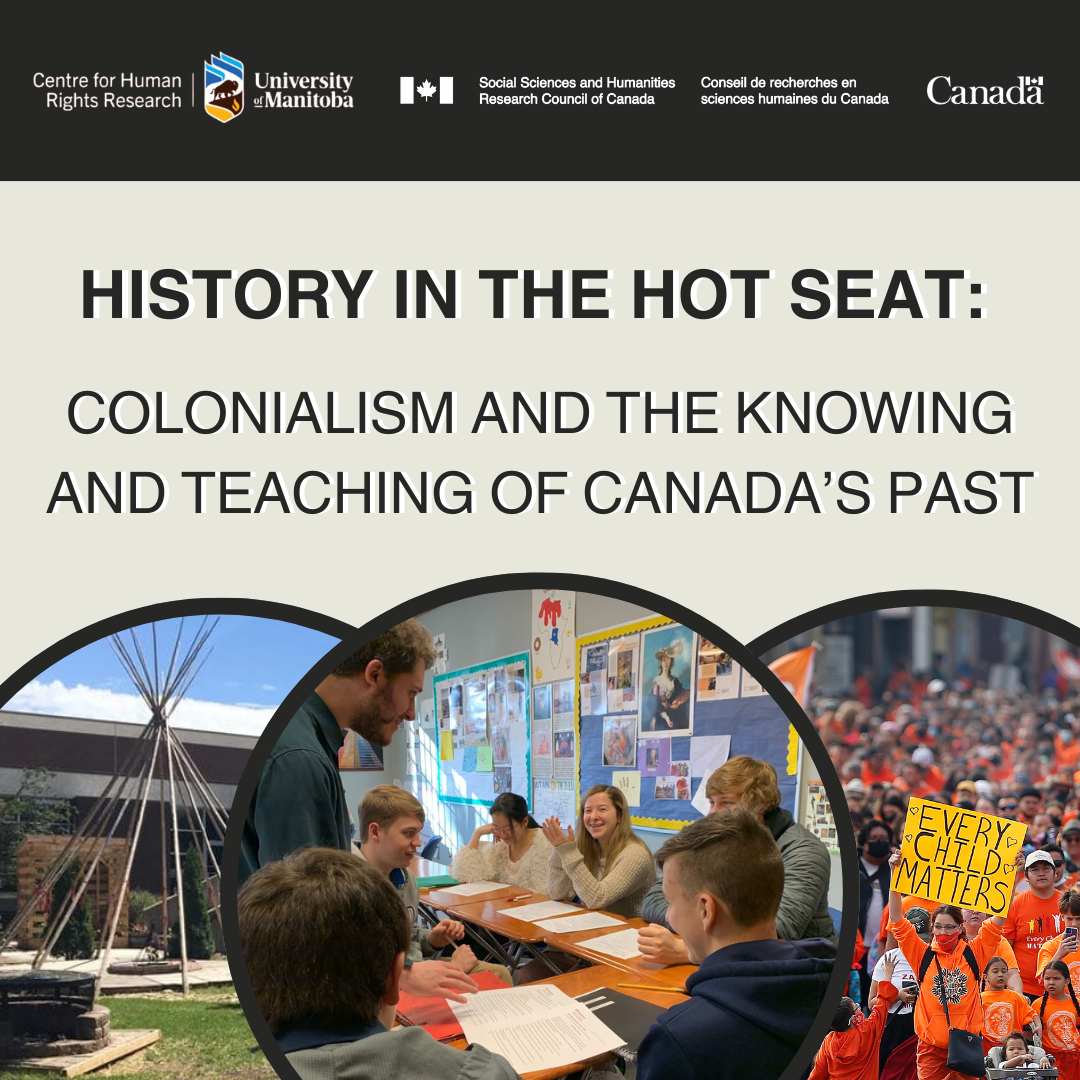
In recent years, we have witnessed a sustained questioning of how we understand, remember, and celebrate Canada’s past in light of ongoing histories of colonization, dispossession, and systemic racism. In conventional scholarly publications, grey literature, and popular media, we can see a reconsideration of Canada’s past and how it should be taught, understood, and marked within and beyond academia. This reckoning with imperial and racial pasts is global in scope but has had a particular trajectory and impact within the context of Canada. Canada’s past has been in the hot seat. The History in the Hot Seat Knowledge Synthesis project identifies and assesses the state of current English-language knowledge in Canada that has been produced since History in the Hot Seat works to provide knowledge that will be valuable for academics, public history professionals and organizations, educators and others working to develop and sustain visions of Canada’s past that recognize the role of colonization, dispossession, and systemic racism in Canada’s past.
History in the Hot Seat is part of the 2024 Knowledge Synthesis Grant Competition, funded by the Social Sciences and Humanities Research Council (SSHRC) in partnership with Canadian Heritage, Genome Canada, and UK Research Innovation’s Arts and Humanities Research Council (UKRI-AHRC). The theme of the 2024 Knowledge Synthesis Grant Competition, “Evolving Narratives of Cultures and Histories,” aims to assess and mobilize the existing knowledge on how factors such as globalization, war, colonization, racism, slavery, climate change, technology, social media, and more have shaped or changed cultural and historical narratives.

A Report on Period Poverty and Equity, On Campus and Beyond
A Report on Period Poverty and Equity, On Campus and Beyond
June 2024
Pauline Tennent, et al.
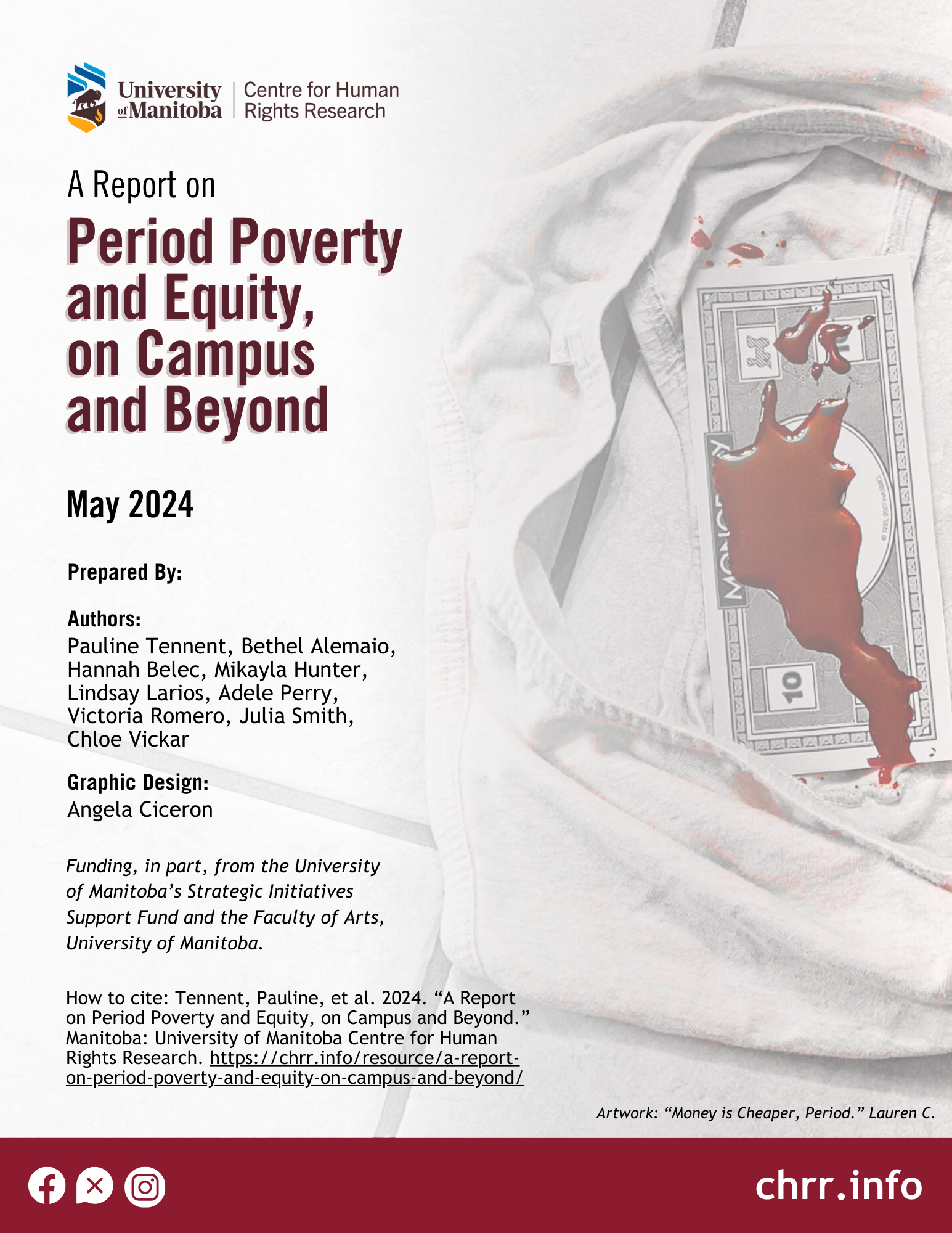
In 2023, with funding from the Centre for Human Rights Research (CHRR), the Faculty of Arts, and the University of Manitoba’s Strategic Initiatives Support Fund, a group of researchers affiliated with the CHRR came together to explore and address menstrual equity on campus. The “Period Poverty and Equity, On Campus and Beyond” project undertook a campus audit of washrooms to assess availability of menstrual supplies, a survey open to UM students, staff, and faculty, as well as a number of outreach events.
Working towards period equity is not as a charitable endeavour to be ameliorated by donations of period supplies; rather menstrual equity is an issue of justice. Shifting the conversation from period poverty to menstrual justice means asking that all people who menstruate be provided with the resources, tools, and infrastructure to do so with safety and dignity.
Related Resources
Support Us
Whether you are passionate about interdisciplinary human rights research, social justice programming, or student training and mentorship, the University of Manitoba offers opportunities to support the opportunities most important to you.
The Right to Clean Water in First Nations: The Photovoice Project (2nd Edition)
The Right to Clean Water in First Nations: The Photovoice Project (2nd Edition)
April 2, 2024
Colin Bonnycastle
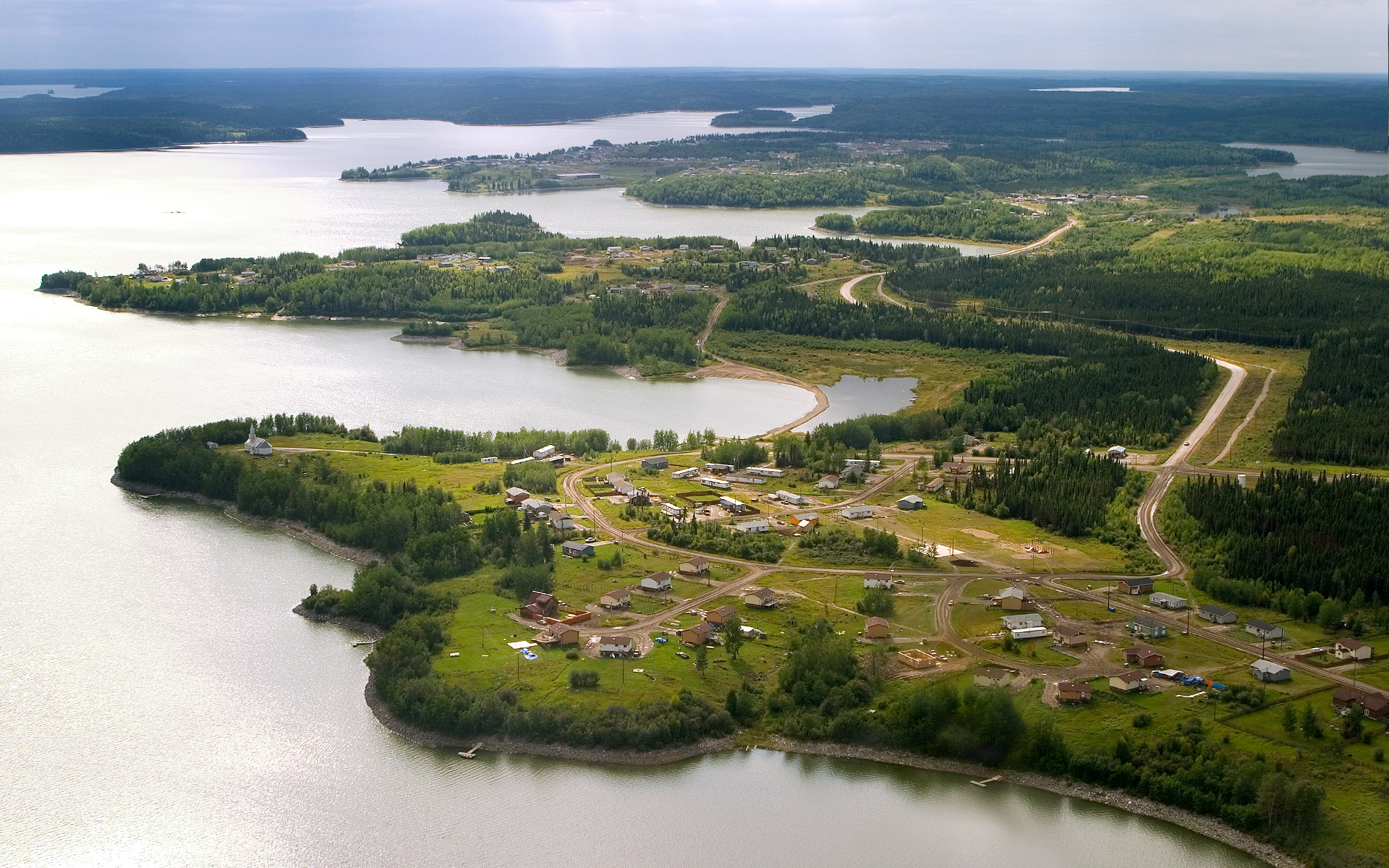
The right to water and sanitation remains a key focus and modern day human rights issue in Canada. Indigenous communities in Canada are overrepresented with respect to poor water quality and water advisories. Protecting Indigenous rights to water and sanitation is best done by community grassroots approach.
This Photovoice project stems from a 2011 SSHRC Partnership Development Grant led by Prof. Karen Busby (Principal Investigator) and Colin Bonnycastle (Co-Investigator). Nisichawayasihk Cree Nation and the students and staff at Atoskiwin Training & Employment Centre of Excellence Centre (ATEC) created a Photovoice Project to bring awareness to the impacts of unsafe drinking water and sanitation practices in Indigenous communities.
The research remains crucial today as communities continue to advocate for access to clean drinking water.
Related Resources
Support Us
Whether you are passionate about interdisciplinary human rights research, social justice programming, or student training and mentorship, the University of Manitoba offers opportunities to support the opportunities most important to you.
Debunking the “Mass Grave Hoax”: A Report on Media Coverage and Residential School Denialism in Canada
Debunking the “Mass Grave Hoax”: A Report on Media Coverage and Residential School Denialism in Canada
October 2023
Reid Gerbrandt, Dr. Sean Carleton
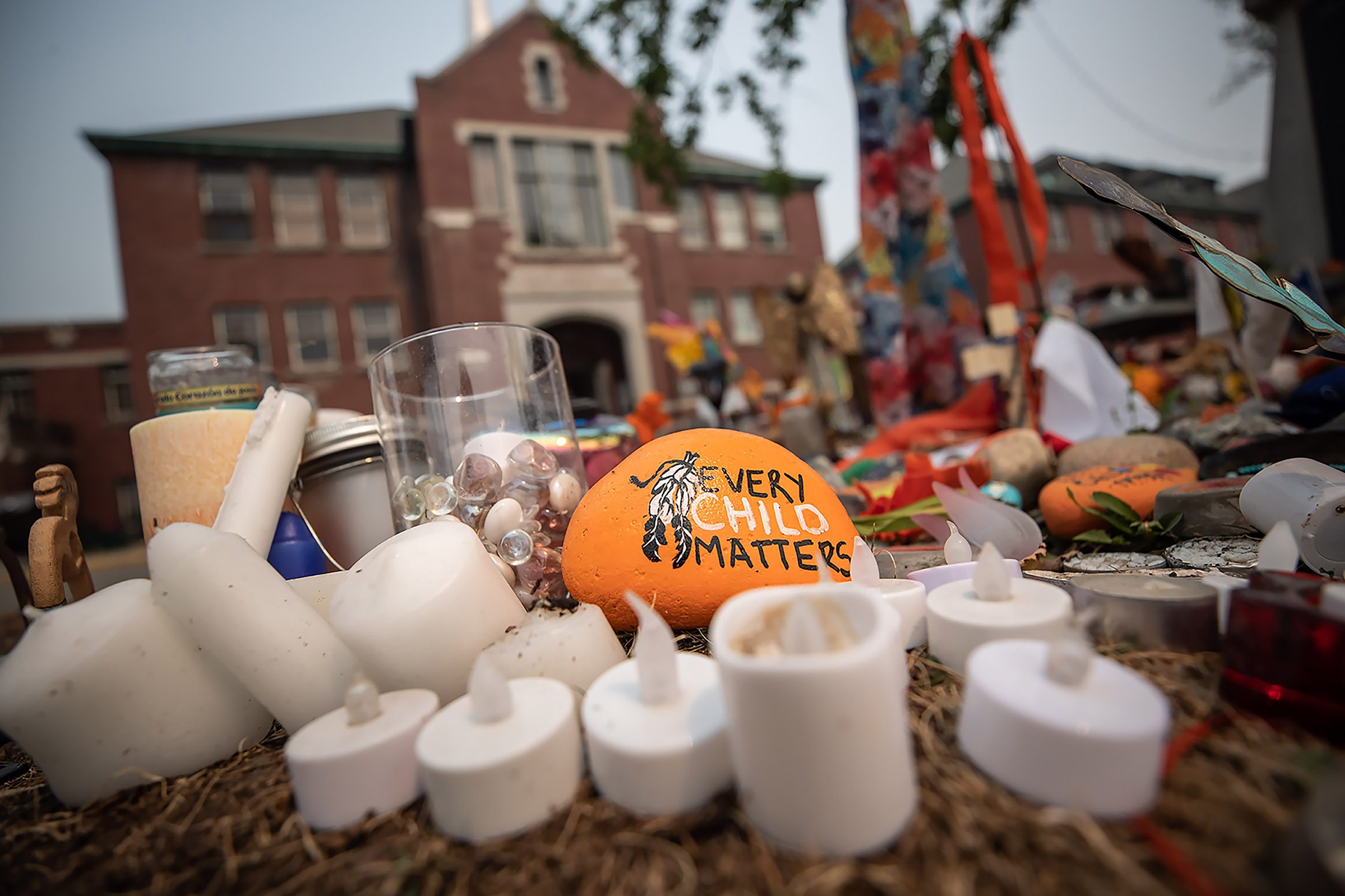
In the two years since the Tk’emlúps te Secwépemc First Nation’s 2021 announcement about the location of 215 potential unmarked graves at the former Kamloops Indian Residential School, a number of priests, pundits, and politicians have downplayed and questioned the validity of the findings. Some have declared the news of potential unmarked graves at many former residential school sites across Canada to be a “huge lie”. Others insist that mainstream media, the federal government, and First Nations have conspired to created a “hoax” by misrepresenting the news of potential unmarked burials sites as a “mass grave” to shock and guilt Canadians into caring about Indigenous Peoples and reconciliation.
Given the growing popularity of the “mass grave hoax” narrative, especially on the far-right in Canada and the United States, and recent calls for Canadians to take responsibility for countering such harmful misinformation, Reid Gerbrandt and Dr. Sean Carleton, assistant professor in history and Indigenous studies at the University of Manitoba, decided to investigate the claims of a media conspiracy and fact-check them against the evidence of what was actually reported in Canada. This report outlines their findings and recommendations.
Debunking the “Mass Grave Hoax”: A Report on Media Coverage and Residential School Denialism in Canada was released in October 2023.
Related Resources
Support Us
Whether you are passionate about interdisciplinary human rights research, social justice programming, or student training and mentorship, the University of Manitoba offers opportunities to support the opportunities most important to you.
Resource Hub
Missing the Bus: Indigenous Women and Two-Spirit Plus People and Public Transit in Western Canada
2022
Dr. Adele Perry, Dr. Jocelyn Thorpe, Dr. Karine Duhamel
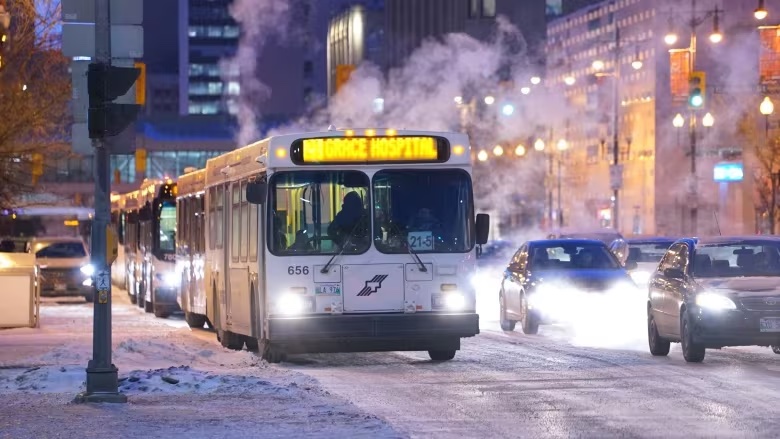
Dr. Adele Perry, Director of the Centre for Human Rights Research worked alongside Co-Investigator Jocelyn Thorpe and Collaborator Karine Duhamel in this SSHRC and Infrastructure “Knowledge Synthesis” project that examines the connections between public transit, especially intracity or long distance transit, and Indigenous women and Two-Spirit Plus people in Western Canada.
Related Resources
Support Us
Whether you are passionate about interdisciplinary human rights research, social justice programming, or student training and mentorship, the University of Manitoba offers opportunities to support the opportunities most important to you.
Resource Hub
The Right to Food and Community Gardens in Winnipeg: The Meadowood Victory Garden
June 2021
Laura Funk Fabiana Li
The COVID-19 pandemic caused disruptions in the food system that have sparked interest in growing food in home and community gardens. This research investigated the concept of “Victory Gardens” (food gardens popularized during wartime) as a response to the COVID-19 pandemic, using the Meadowood Victory Garden in Winnipeg as a case study. The research examined the potential of using the city’s green spaces, water and infrastructure to grow food for urban residents during the pandemic and beyond.

Resource Hub
Influences on Young Muslim Women in Winnipeg: Preliminary Report on Key Informant Interviews
December 14, 2014
Prof. Karen Busby, Sara Mahboob
Prof. Karen Busby and Sara Mahboob, a doctoral student at McGill University, interviewed 15 key informants in summer 2014 about their perceptions of family and community pressures placed on young Muslim women in Winnipeg when making important life decisions.
Related Resources
Support Us
Whether you are passionate about interdisciplinary human rights research, social justice programming, or student training and mentorship, the University of Manitoba offers opportunities to support the opportunities most important to you.
Contact Us
We’d love to hear from you.
442 Robson Hall
University of Manitoba
Winnipeg, Manitoba
R3T 2N2 Canada
204-474-6453
Quick Links
Subscribe to our mailing list for periodic updates from the Centre for Human Rights Research, including human rights events listings and employment opportunities (Manitoba based and virtual).
Land Acknowledgement
The University of Manitoba campuses are located on original lands of Anishinaabeg, Ininew, Anisininew, Dakota and Dene peoples, and on the National Homeland of the Red River Métis.

